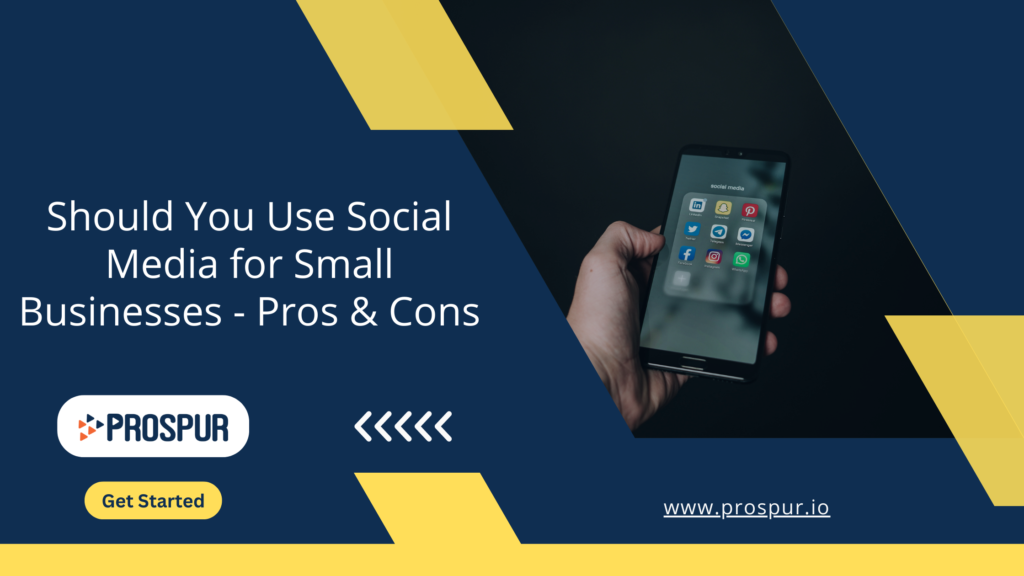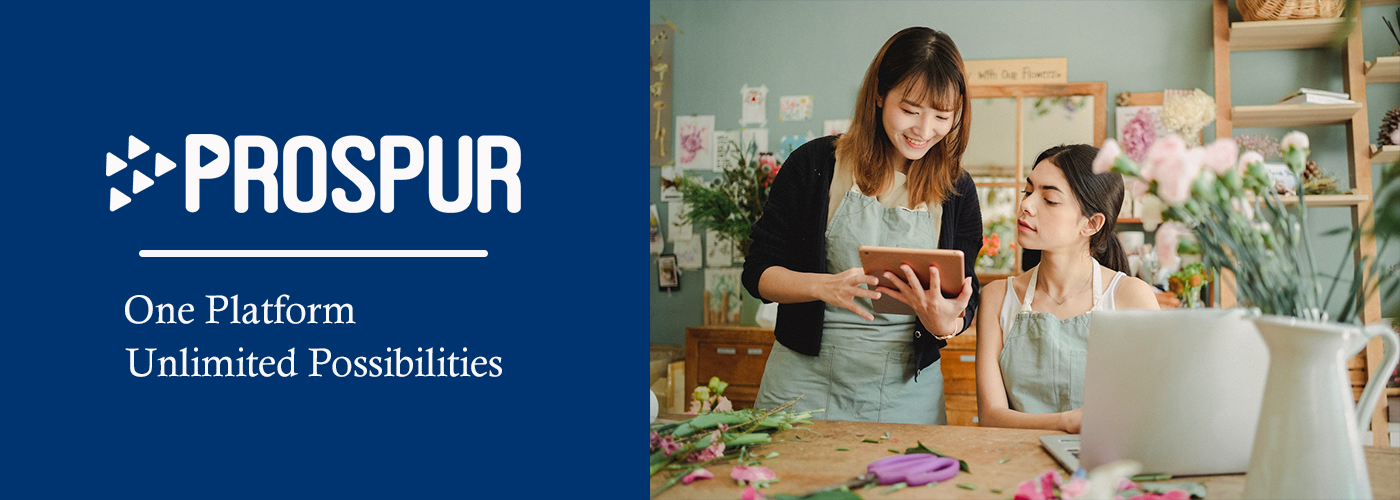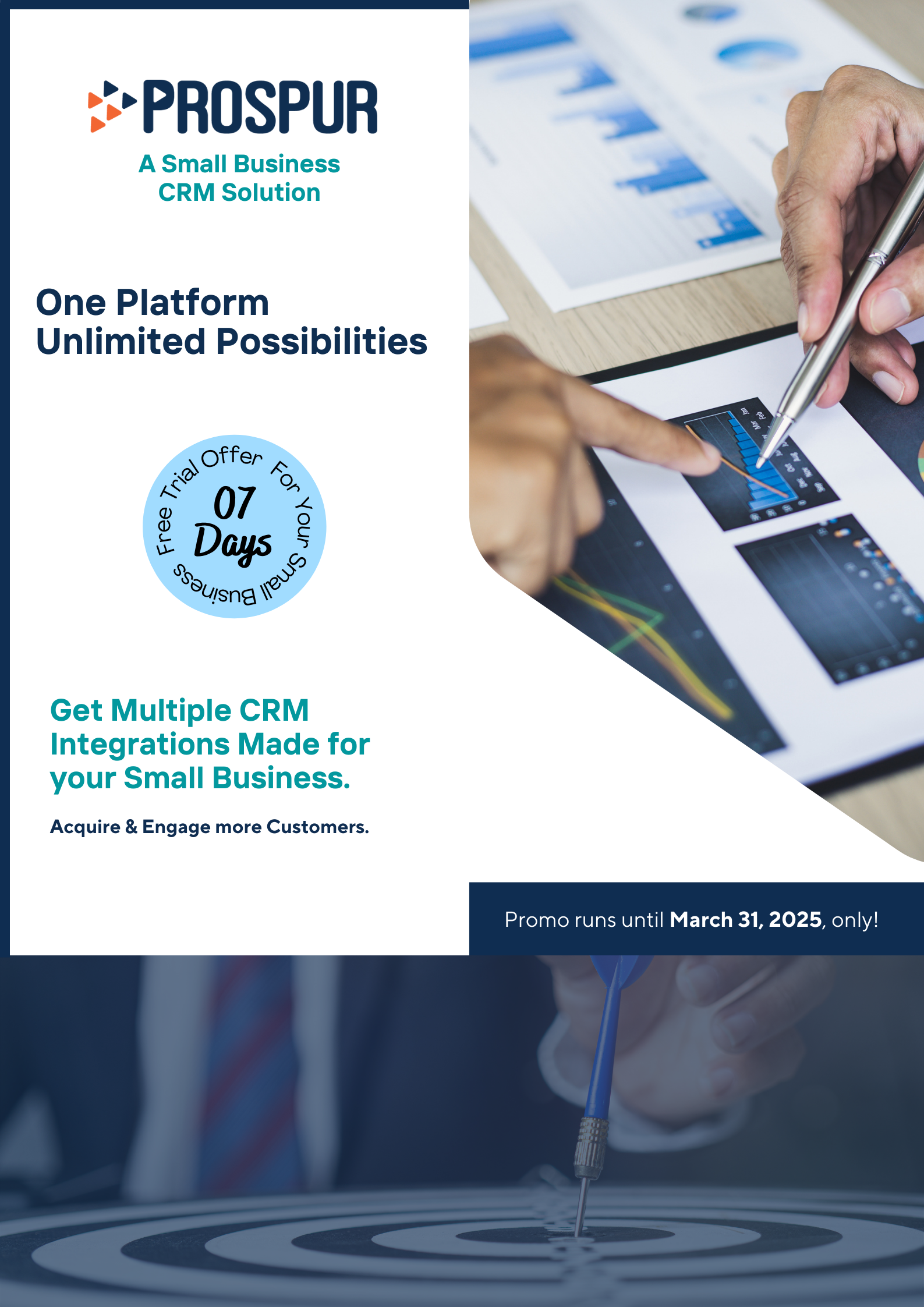Should You Use Social Media for Small Businesses [Pros & Cons]
Editorial StaffFebruary 10, 2022

So, you have seen and heard of the amazing stuff social media for businesses has achieved.
But between all the bookings, invoices, and tracking customer data, should your small business put time and effort into social media platforms?
Let’s weigh the pros and cons.
How Does Social Media Help Businesses?
#1. Ease of Advertisement
You can set up and edit ads on the go from your laptop or smartphone. This doesn’t mean that you wouldn’t need any marketing acumen, but the overall effort needed to set up and run ads is substantially low.
You can also target ads to people within a set distance from your small business – a strong focus on local.
#2. Easy on the Wallet
Imagine the cost of hiring a billboard or space in a print magazine. Now compare that with a highly focused social media ad campaign that guarantees better reach.
You can run a Facebook ad for as low as the price of a Starbucks coffee and ensure that your ad is visible to the audience that matters to your small business.
#3. Build a Community
Social media engagement is not always about selling the product. It’s about building a community that comments on each other’s posts and wants to help others.
You can help create a sense of a close-knit group that builds trust and leads many members to buy your products without the hard sell.
#4. Networking
Physical networking events are being replaced with virtual networking, especially after the pandemic. But this is a blessing – with LinkedIn and Twitter, you can directly connect with scores of people, no matter where they are.
Need to tag the President of the United States or your favorite rockstar? There’s a social media platform for that.
Disadvantages of Social Media for Businesses
1. Negative Feedback
Anyone on social media is free to post a negative review for your business – a sweaty-palms moment. But you could turn this to your advantage by directly engaging with empathetic response and commitment to action.
Other members will notice this, and it can help build trust.
2. The Need to Constantly Engage
It is a skill to stand out of all the social media clutter, and there is a constant need to produce entertaining content daily or be left behind.
A monthly social media marketing strategy works better than posting random messages. You need a dedicated person or a tool to make that happen.
3. Short-Lived Trends
Marketing trends and social media channel algorithms change frequently, and you need to keep up. A social media campaign that you launch today might need tweaks within days.
It is a fast-moving medium, and honestly, it’s what the audience wants.
4. Lower/Fewer Results
Even the best organizations may fall short of an effective social media strategy, resulting in increased spend on marketing, but with near-zero results.
Therefore, it is crucial to not only be active on social media but also engage your target audience with relevant, personalized content.
Frequently Asked Questions:
1. Which Social Media Platform is the Best for My Small Business?
There is no single answer to the best social media for small businesses. It depends on the –
- The nature of your product or service.
- Your message (B2B business alliance, B2C product sale, contest, community building, or interesting stories).
- The demography and location of your audience.
- Whether you are targeting sales, lead generation, or customer engagement.
Facebook: Facebook helps define and refine your target audience with the help of detailed analytics. It is one of the best lead generation and ad platforms.
However, 45% of its users are above the age of 35, so if your niche audience is younger, you may want to look at other platforms. There is also a lot of competition on Facebook.
Instagram: Instagram has the highest rate of engagement- 70% more than Facebook. Crisp and visually appealing content improves brand recognition and awareness, minus text-heavy content.
Post or advertisement limits can challenge you, though, with only 138-150 words for captions and 125 words for ads.
Other platforms like YouTube (product reviews), Snapchat, and Pinterest (businesses with a largely female audience) can help you meet specific goals.
2. Which Social Media Platform Can I Use to Connect with Other Business Owners?
LinkedIn: This is a great medium for receptive B2B connections and advertisements. For example, if you are a small travel company looking to reach out to another company in the US to initiate a business deal, LinkedIn could work well.
You can also try Twitter and YouTube for presentations, commercials, and business influencers.
We Can Help You “Prospur” on Social Media:
SMB owners who are unsure about managing Social Media channels, consider Prospur – the CRM platform for small and medium businesses.
We built Prospur with easy-to-use social media integration, so you can engage customers, post with minimal effort, and run campaigns on platforms like Facebook, all at price plans that are SMB-friendly.
Contact us for a no-obligation, FREE Demo.

